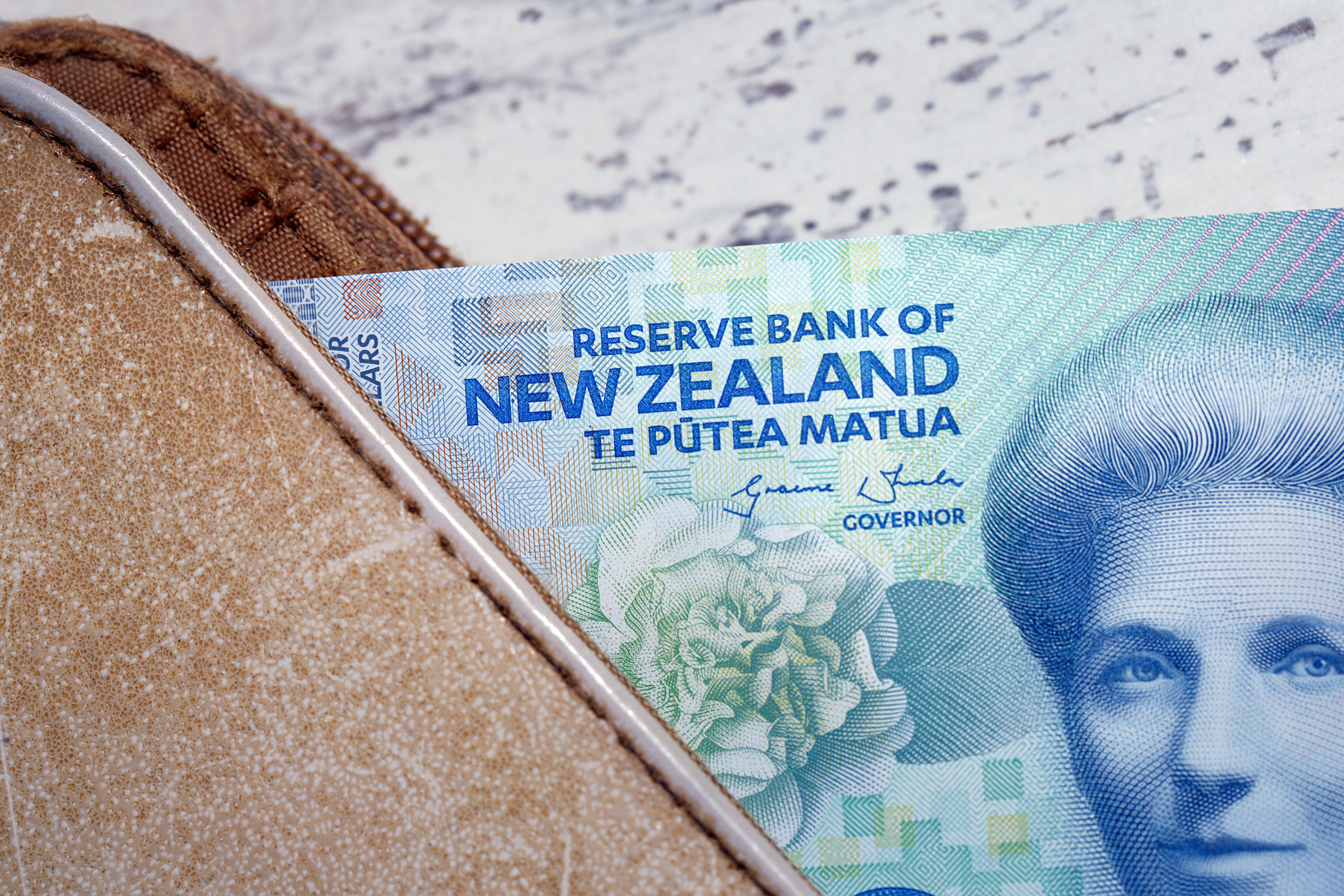
The deadline has been welcomed by Council of Trade Unions president Richard Wagstaff who said minimum wage increases were really important and meant a lot for the many ‘‘working poor’’ who were facing rent increases.
But National workplace relations spokesman Scott Simpson called the commitment ‘‘a cynical re-announcement’’ of the last government’s promise designed to draw attention away from the pressure on Speaker Trevor Mallard.
Mr Simpson said the minimum wage rise had been signalled last term and asked why a media statement was issued on the day
Mr Mallard was grilled by a select committee on his $330,000 defamation case.
‘‘It’s just cynical.’’
Workplace Relations and Safety Minister Michael Wood unveiled the April deadline for increasing minimum wage yesterday morning and said it would mean a $44 a week pay rise for about 175,500 New Zealanders.
The increase was estimated to boost wages across the economy by $216 million which meant more spending power.
‘‘There are many Kiwis who earn the minimum wage that have gone above and beyond in our fight against Covid.
‘‘I think everyone agrees those who served us so well during lockdown - including supermarket workers, cleaners, and security guards - deserve a pay rise,’’ Mr Wood said.
The previous Government committed to boosting wages to $20 an hour by 2021 and Labour included the promise in its election manifesto.
Mr Wood said signalling the wage increases over the past three years meant businesses had certainty and time to prepare.
Mr Wagstaff called the rise ‘‘a really important and significant step the Government’s taken and we’re pleased to see it’’.
He rejected the argument that minimum wage increases led to job losses and said ‘‘the facts have not borne that out one bit’’.
Advice from the Ministry of Business,Innovation and Employment on April’s increase from $17.70 to $18.90 estimated about 65,000 job losses.
‘‘Their forecasts and Treasury’s on this issue are consistently wrong, wrong, wrong and I think have very little credibility.’’
Mr Wagstaff said minimum wage increases often coincided with historic lows in unemployment and, in fact, increased productivity because it forced industries to move away from cheap labour.
Mr Simpson said businesses should not be the ones to pick up the responsibility of increasing wages because the Government had not done enough to curb rent increases.
The starting-out and training minimum wages will also rise to $16 per hour, to remain at 80% of the adult minimum wage.











